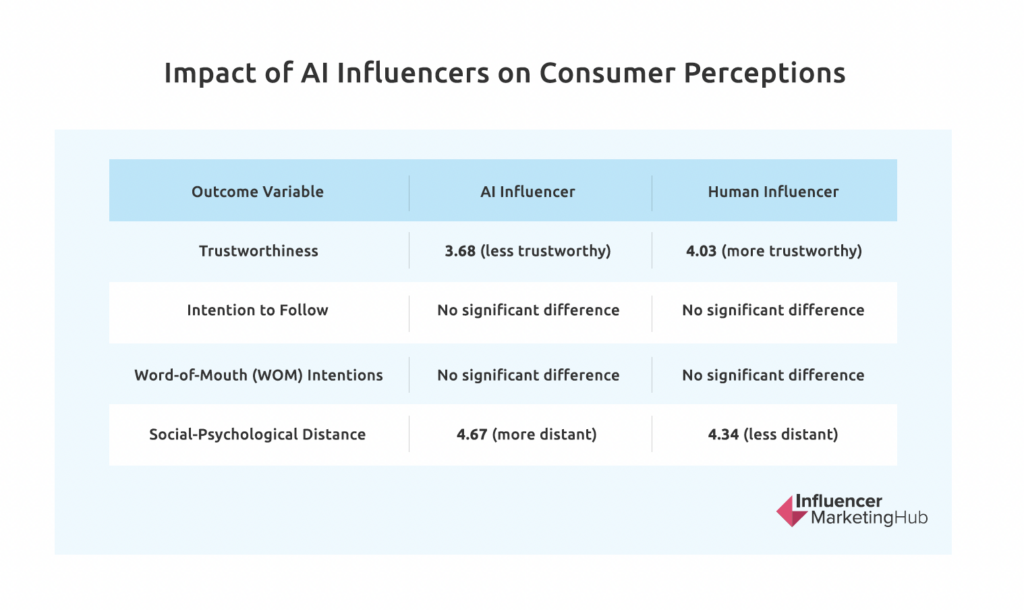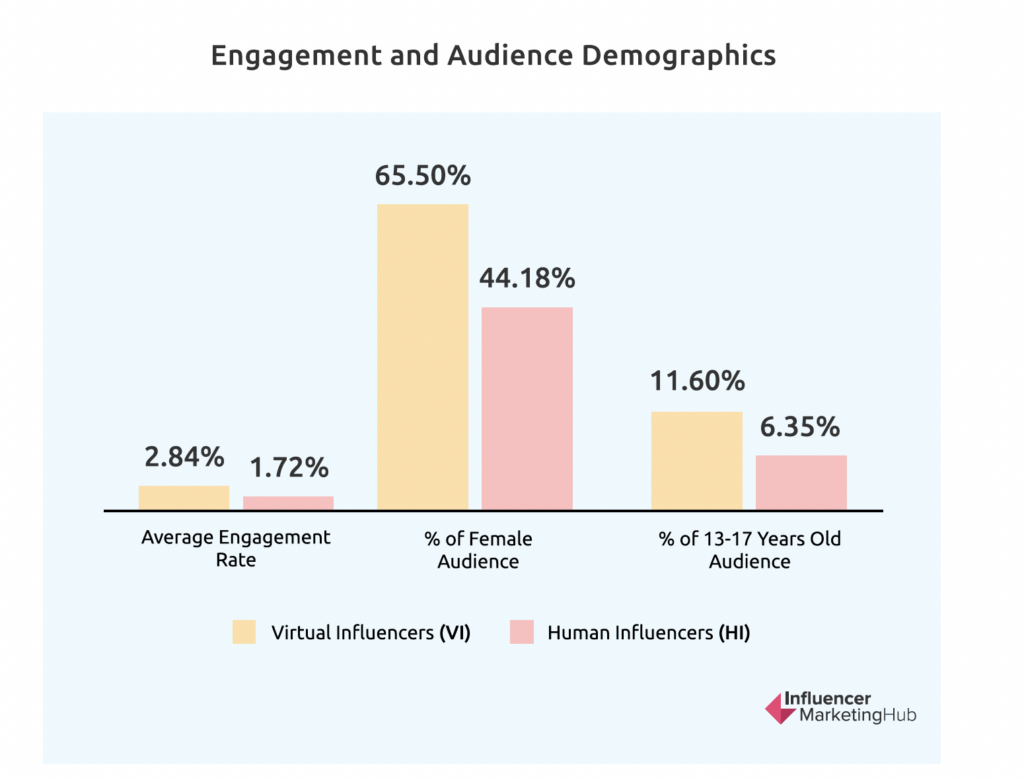A recent report by CreatorIQ reveals that 67 percent of all marketing firms increased their budgets for influencer marketing between 2022 and 2023, with 76 percent diverting funds from other marketing channels to do so. While approximately 61 percent of brands that used influencers saw a substantial increase in their sales, many are now looking toward AI to enhance the impact of influencer marketing.
Brands Focus On Measurement And Optimizing Influencer ROI
According to the report Can Creator-Led Marketing Really Drive ROI?, based on a survey by CreatorIQ, 94 percent of organizations could attribute direct sales to creator content, and brands are now using influencers to boost campaign performance across multiple channels. Seventy-six percent increased their budgets to bring influencers into digital, email (48 percent) and owned social (42 percent). According to the report, 51 percent of firms were proactive in evaluating influencer impact, tracking consumer engagement levels, conversion rates (28 percent) and quality of impressions (11 percent).
As marketers review the numbers, they are also thinking about how to expand the value of their investment in influencers. This has led some marketers to introduce AI as a component of their influencer strategy to enhance campaign performance. In a recent survey by Influencer Marketing Hub in The State of AI In Influencer Marketing 2023, 63 percent of marketer respondents planned to use AI to identify potential influencers or help them manage their campaigns.
Despite many marketers’ interest in integrating AI with their existing influencer strategy, efforts to replace human creators with AI influencers have produced mixed results. While 49 percent of marketers saw virtual influencers as highly effective, consumers in a study quoted in the report found virtual influencers less trustworthy and distant than human influencers. In addition, the survey found no substantial difference between the purchase intentions of consumers interacting with virtual and human influencers. According to the report—that may mean both virtual and human influencers have an equal potential to stoke purchase intent.

Source: Influencer Marketing Hub
But other data shows that AI-powered influencer experiences can drive meaningful engagement for specific demographics such as Gen Alpha and female audiences.

The Takeaway:
Influencers can deliver powerful results for brands, but AI shouldn’t be ignored as a tool to optimize influencer investment. While consumers may not trust virtual influencers as much as their human counterparts, consumers still follow and interact with AI influencer content. That means savvy marketers can leverage the power of engaging human influencers and adopt AI tools to speed content creation and automate repetitive content tasks without compromising performance.

